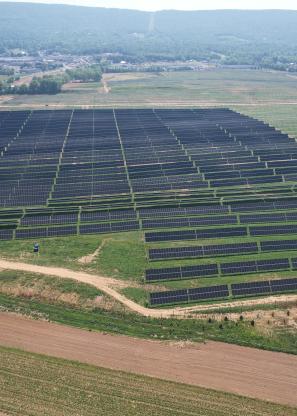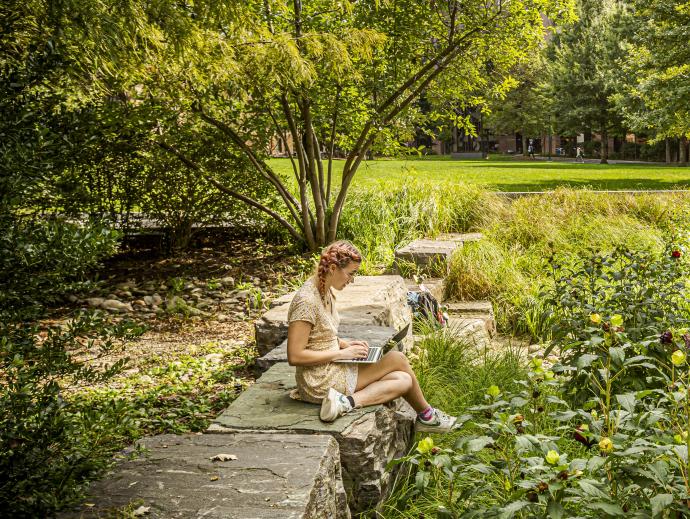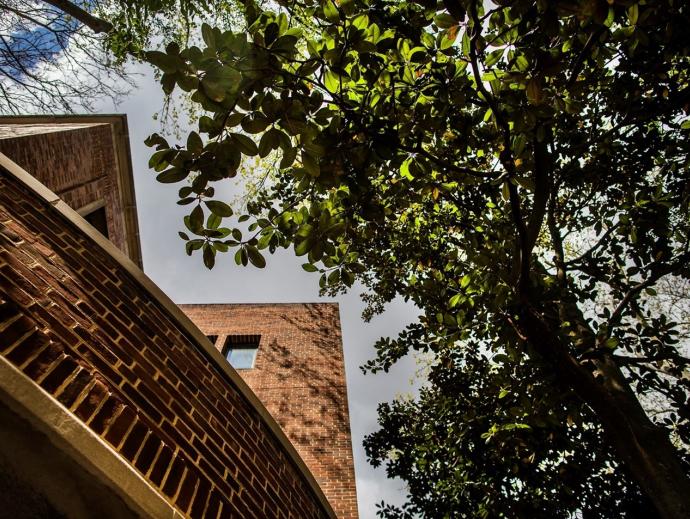Natural Environment
Penn is a natural haven found within the heart of Philadelphia. Undoubtedly urban, our university is firmly integrated into West Philadelphia, but our environment does not end at campus borders. The organic system we foster — the trees, soils, and wildlife — all contribute to the greater environment. Penn helps to reduce urban heat island impacts, capture air pollution, reduce stormwater runoff, and provide necessary biodiverse urban habitats.
Natural Environment
Penn is a natural haven found within the heart of Philadelphia. Undoubtedly urban, our university is firmly integrated into West Philadelphia, but our environment does not end at campus borders. The organic system we foster — the trees, soils, and wildlife — all contribute to the greater environment. Penn helps to reduce urban heat island impacts, capture air pollution, reduce stormwater runoff, and provide necessary biodiverse urban habitats.
Penn’s natural environment mission is to reduce our environmental footprint by adopting best practices for ecological landscapes. This commitment to sustainable land management has created a balanced, naturally resilient, and beautiful campus ecosystem.
Under the Climate and Sustainability Action Plan 4.0, the Ecological Landscape Stewardship Plan (ELSP) builds on Penn’s landscape best practices. ELSP improves ecological design and management of landscapes and open spaces across campus, fostering diverse beauty and balance throughout. Penn’s main campus, for example, is located in the center of a metropolis and is a level-2 certified arboretum.
Our Progress
Programs
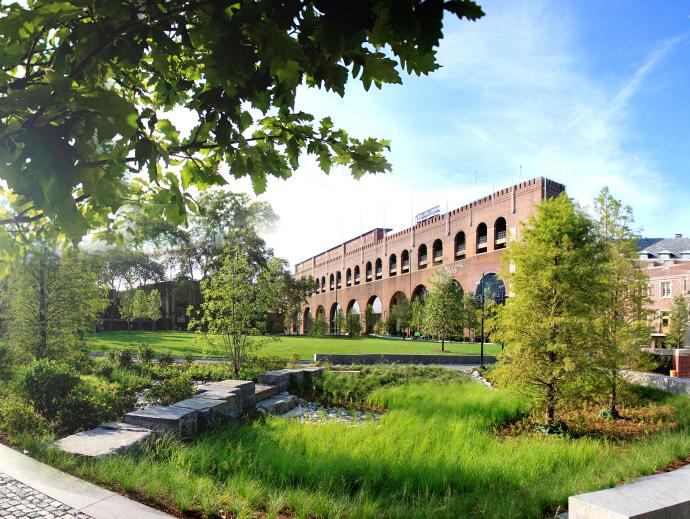
Stormwater Management
During swells of rainfall, the City of Philadelphia’s combined sewer system requires support. Progressive solutions like Shoemaker Green bring relief to strained city stormwater systems, with sustainable benefits.
Sustainable Landscapes
Across Penn’s 300-acre campus arboretum, we’re working to create a healthier, sustainable environment for plants and people alike. We’re doing so by reducing chemical usage through methods like compost tea and supporting pollinators by planting native perennials.

Bird-friendly Penn
Penn’s campus is shared by many, including the birds who call it home. Spearheaded by FRES Landscape Architecture, the Bird-friendly Penn program integrates bird-friendly landscapes, reduces bird strikes on buildings, and raises awareness of birds on Penn’s campus.
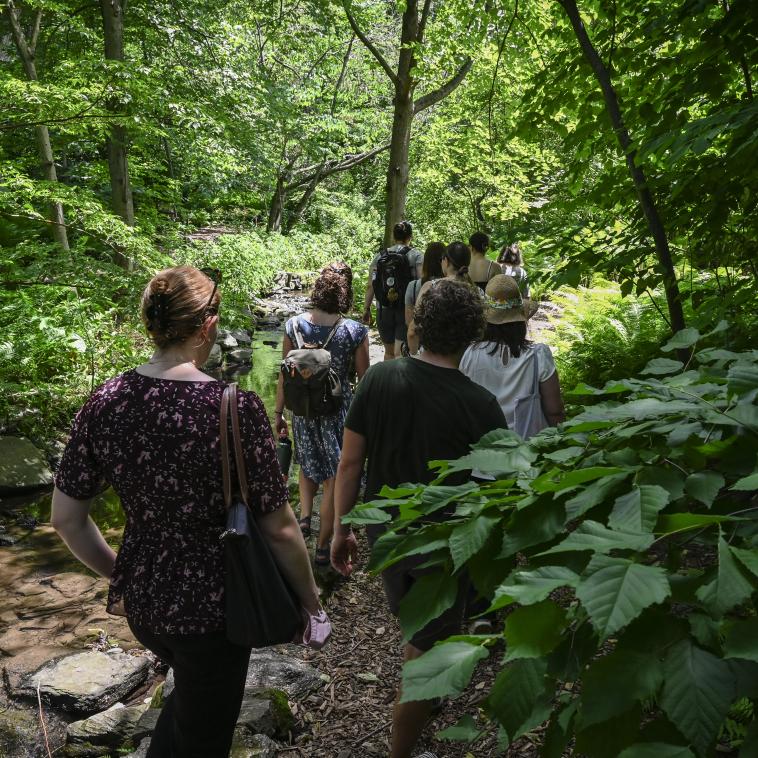
Partners
Learn about the departments and organizations contributing to the beauty and balance of Penn’s Natural Environment:
“Having the plan lends us this galvanizing energy around the importance of ecology in how we do things.”

